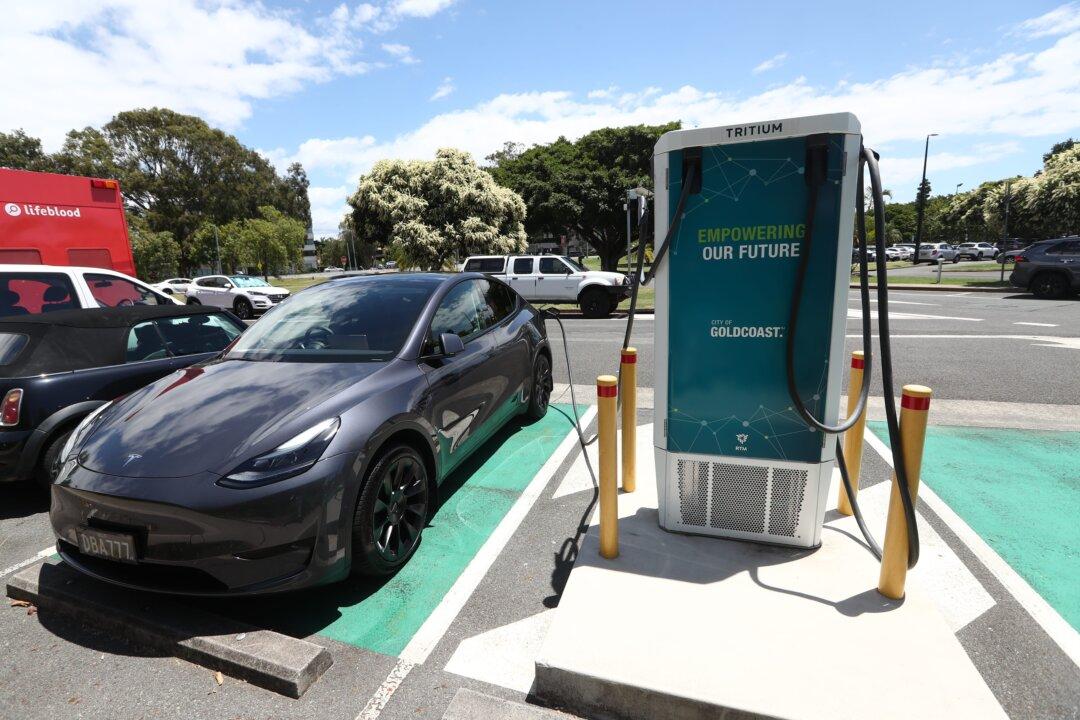A major Australian energy company has launched a range of month-to-month electric vehicle (EV) subscriptions in a bid to boost the EV adoption rate in the country.
On March 8, Origin Energy announced that it will now offer a number of EV subscription services to customers in Australia, following similar moves by other energy companies such as AGL and Aurora Energy.





